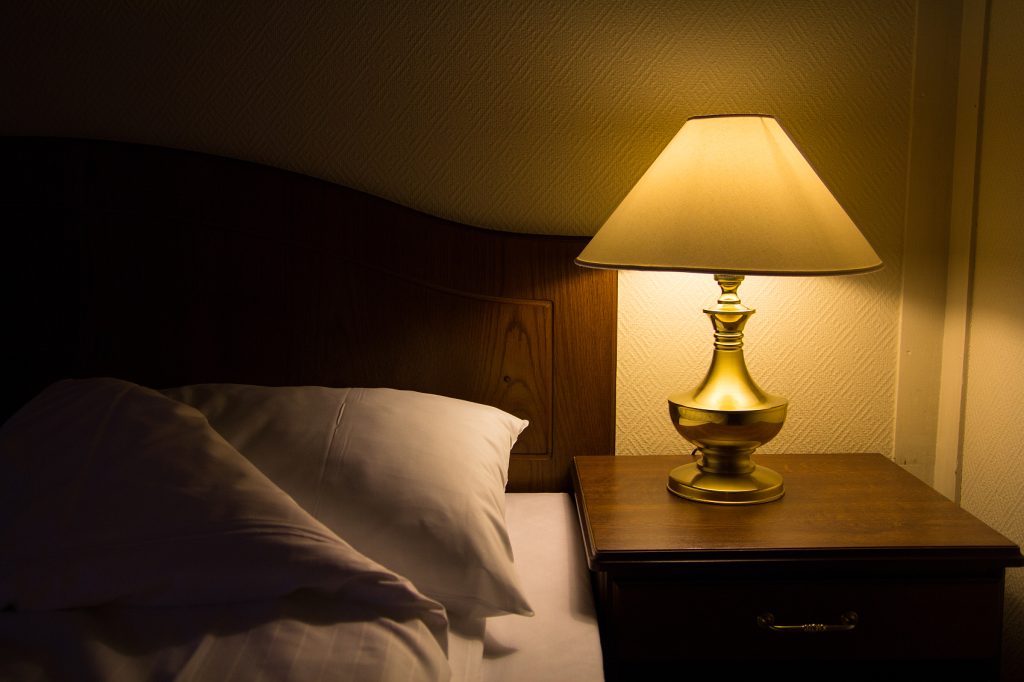Struggling to get a good night’s sleep? You’re not alone! Many of us don’t get enough rest, whether it’s due to stress, long work hours, or habits like scrolling on our phones before bed. Luckily, there are effective strategies you can try to improve your sleep. And if these don’t help, it might be time to consult a medical professional. Here are five science-backed tips to help you sleep better.
1. Stick to a Regular Sleep Schedule
Setting a regular sleep schedule can significantly improve your sleep quality. Try to go to bed and wake up at the same time every day, even on weekends. This consistency helps regulate your body’s natural sleep-wake cycle, making it easier to fall asleep and wake up feeling refreshed.
2. Optimize Your Bedroom Environment
A comfortable bedroom environment is key to good sleep. Make sure your room is at a pleasant temperature—cool tends to be better for sleep. Keep your bedding comfortable and consider using blackout curtains to keep it dark.

3. Reduce Exposure to Bright Light at Night
Bright light in the evening can interfere with your ability to fall asleep by suppressing melatonin production. Limit screen time from devices like smartphones and computers at least an hour before bed. If you need to be in a bright environment, dimming glasses might help.
4. Warm Up Your Feet
Warming your feet before bed can help relax your body and prepare you for sleep. Try a warm bath, or simply wear socks to bed to keep your feet warm throughout the night.
5. Practice Relaxation Techniques Before Bed
Relaxation techniques can be very effective in calming your mind before bedtime. Experiment with different methods like progressive muscle relaxation, deep breathing, or visualization. Find what works best for you and make it a part of your nightly routine.
Conclusion
Tackling insomnia isn’t just about having the right mattress or room setup. It involves a holistic approach to preparing your body and mind for rest. Implementing these tips consistently can help you achieve better sleep quality.
Diet Tips for Better Sleep
Eating a balanced diet with plenty of fruits and vegetables, cutting back on caffeine, and avoiding heavy meals before bedtime can also improve your sleep. Consider calming teas or snacks like nuts in the evening.

Avoiding Sleep Disturbances
To maximize your chances of uninterrupted sleep, avoid bright screens, large meals, and excessive fluids in the hours leading up to bedtime. Establishing a relaxing pre-sleep routine, like listening to calming music or taking a warm bath, can also help you wind down effectively.
By incorporating these strategies into your routine, you can improve both the quantity and quality of your sleep, making those restless nights a thing of the past!








